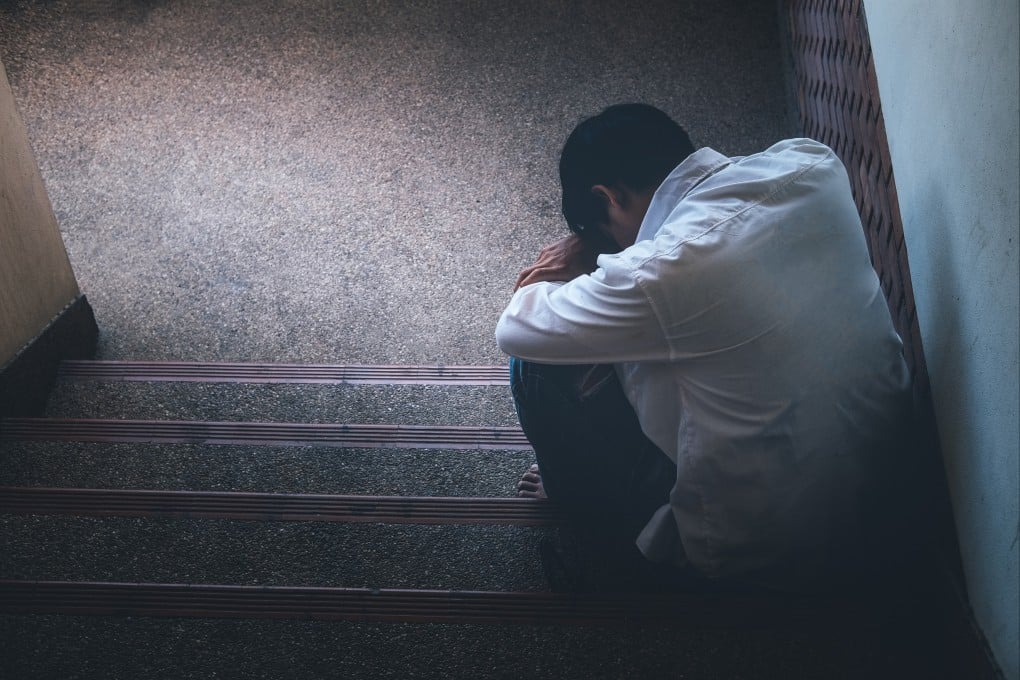7 years after Japanese student’s death, has anything changed for LGBT community?
- A promising law student took his own life in 2015, at a time a grass roots shift in LGBT acceptance among Japanese was occurring
- Years later, even as sexual and gender diversity are increasingly normalised, a chasm still remains between the public and politicians

But the last thing he anticipated was for the recipient of his affections to spread the news he was gay to other students without his consent. Until then, Takei had hidden his sexuality from almost everyone except a few close friends, with even his family kept in the dark.
Traumatised at being outed, Takei’s mental health rapidly declined. Once bright and energetic, he became withdrawn and developed depression. Being in the same room as the classmate gave him so much anxiety that he would sometimes throw up.
Sexuality in Japan
While Japan is today a generally conservative nation when it comes to LGBT issues, history suggests it was not always so.
Before the arrival of Western values in the 19th century, there was evidence of homosexuality in Japanese society. In the Samurai eras that dated back to at least eight centuries ago, there was a system of gay relationships known as shudō, between senior and younger warriors. Except for a brief period around the 1860s in the early Meiji era, gay sex had not been criminalised in Japan.